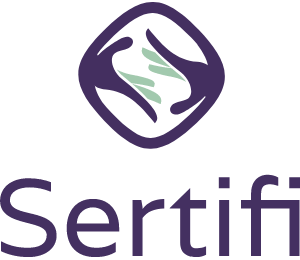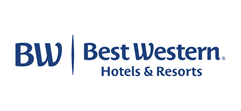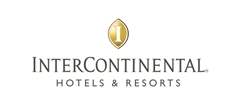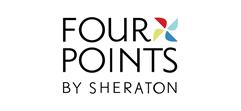Chargebacks occur when a guest disputes a transaction, either because they suspect fraudulent activity (friendly fraud) or because they want their money back from a legitimate transaction (chargeback fraud).
Guests can initiate a chargeback at any time for any reason, legitimate or not, making chargebacks impossible to eliminate altogether.





